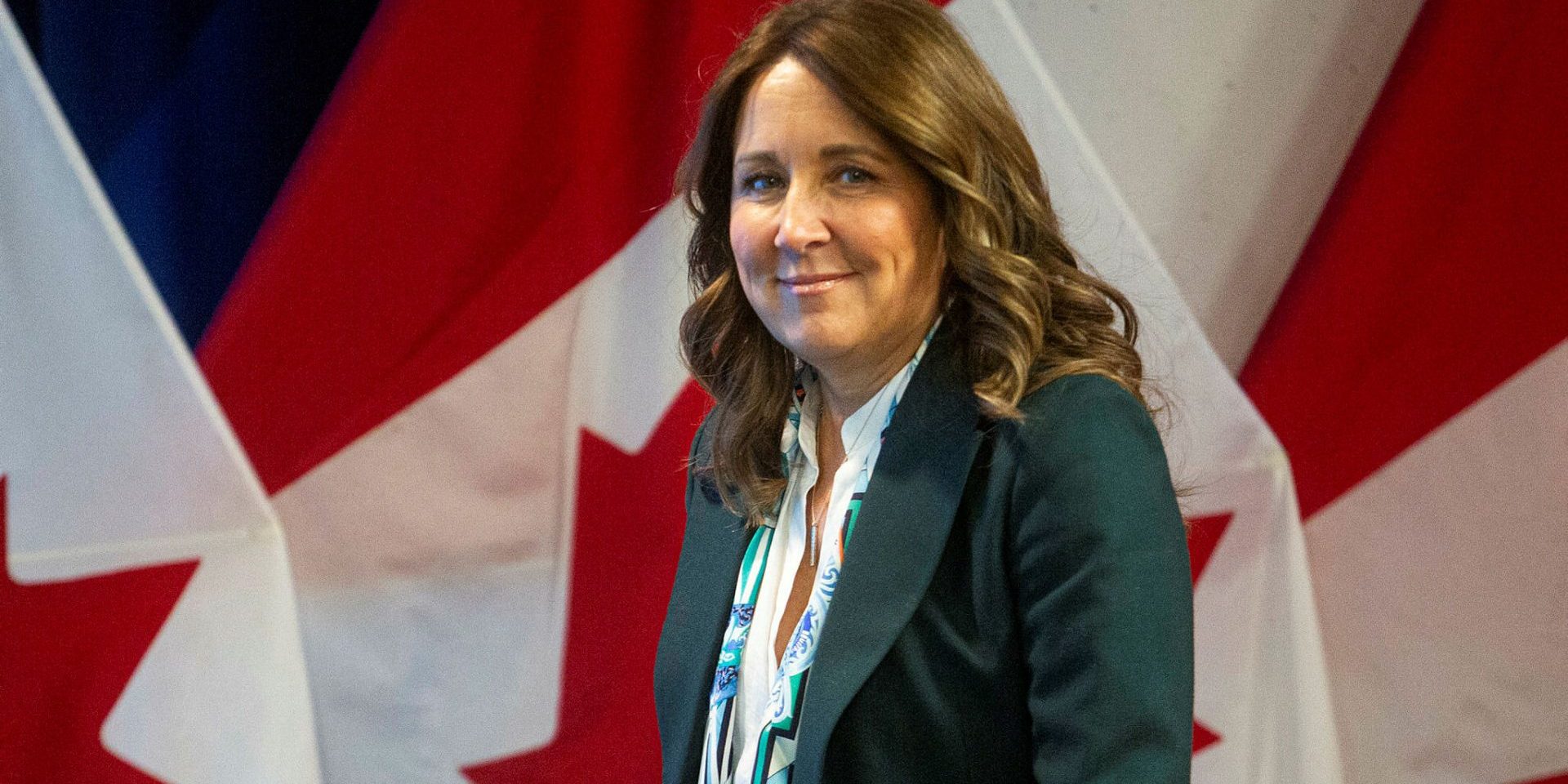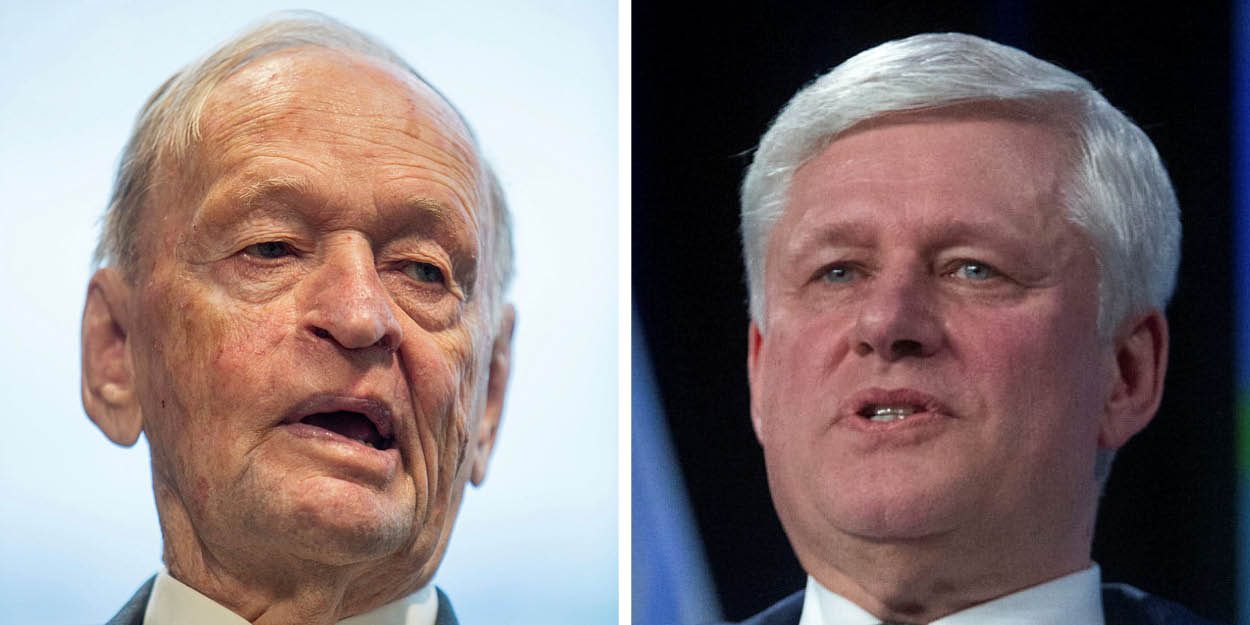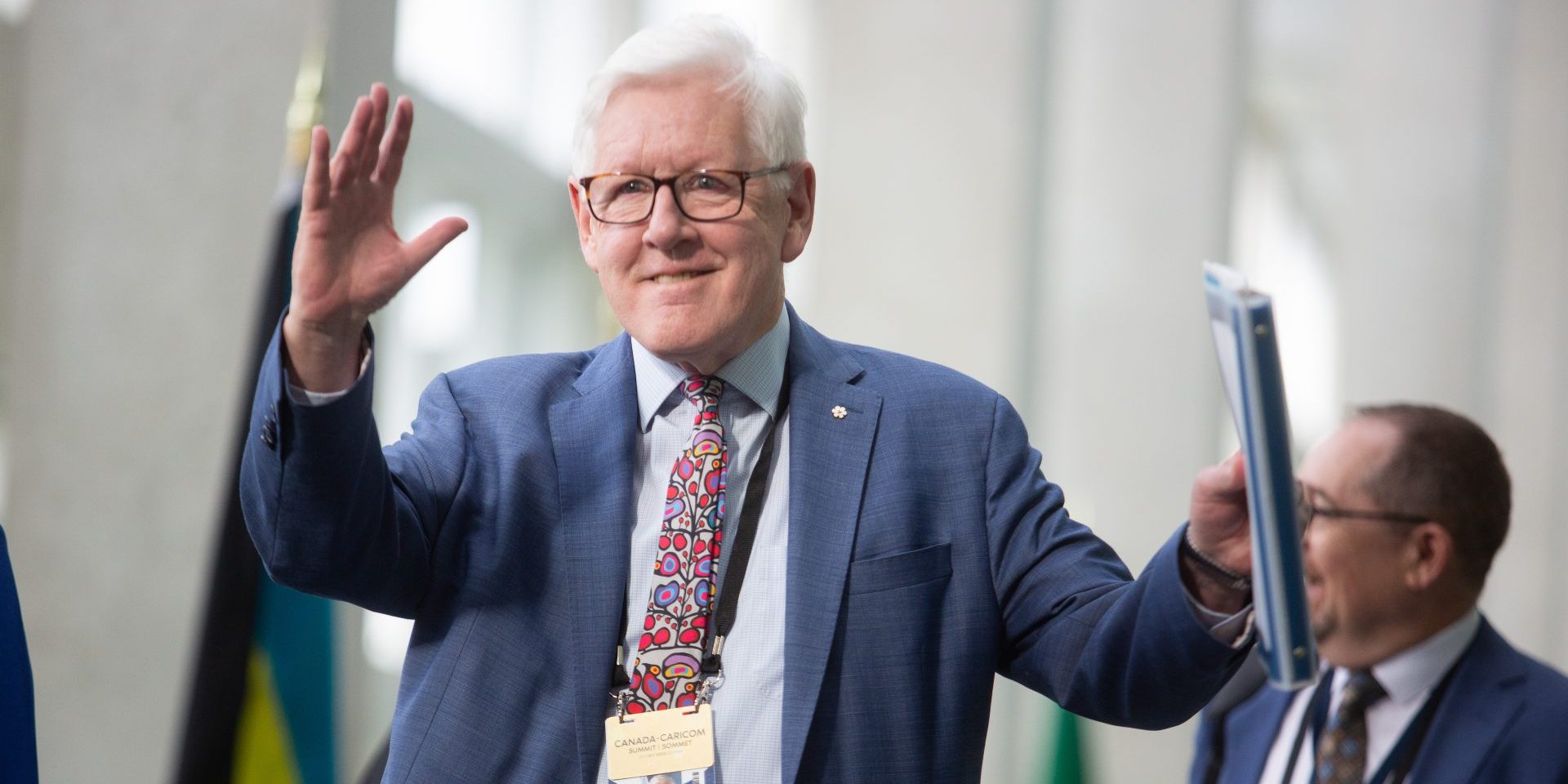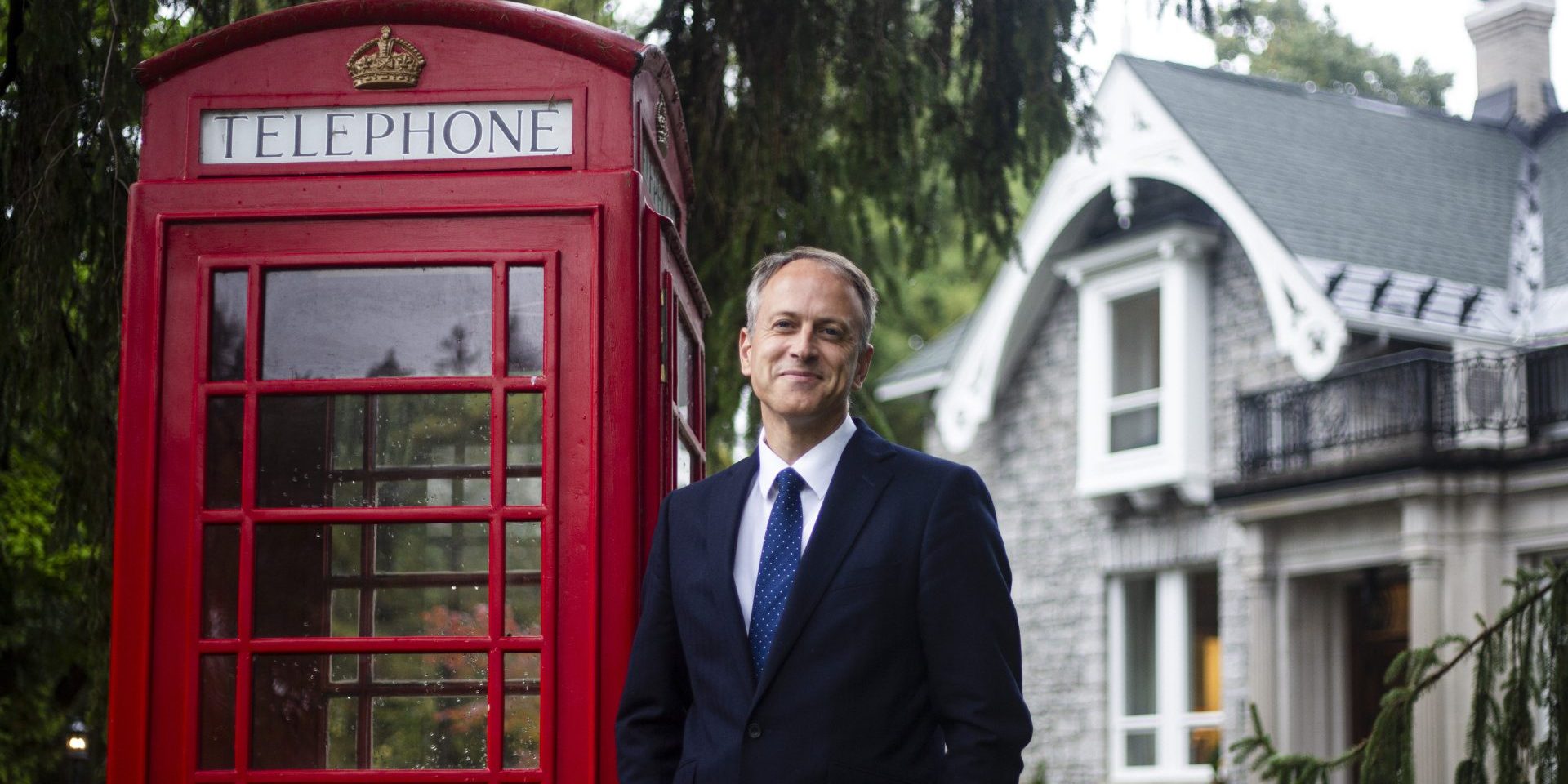Looking into why the Liberals are opting against a spring budget
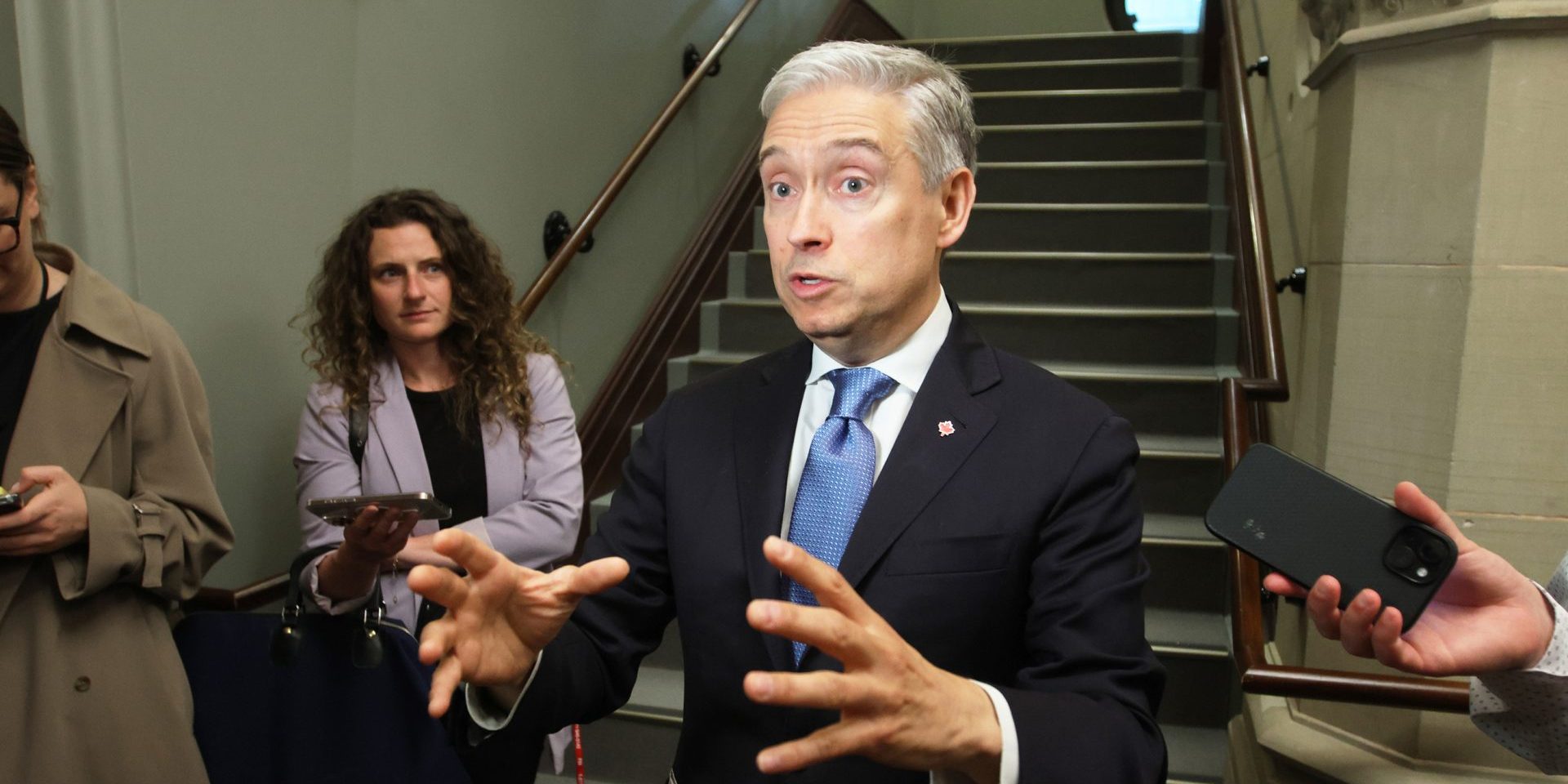
Budgets—who needs them? Not us, not now, according to Prime Minister Mark Carney and Finance Minister François-Philippe Champagne.
Champagne (Saint Maurice-Champlain, Que.) broke the news on May 14 that Carney’s (Nepean, Ont.) government would be skipping the annual spring budget. It’s a rare thing for federal governments to do that. A quick check through Finance Canada’s records reveals just two missing budgets since the 1960s, including one during the pandemic, and another for the 2001-02 fiscal year.
The history was apparently lost on Champagne who was completely unprepared to explain why he won’t be tabling a spring budget when asked, repeatedly, by the reporters to whom he had just broken the news.
He simply echoed the same response over, and over again: that his government would be bringing in a tax cut this spring, and a throne speech, and then the routine economic update in the fall.
So, is this a problem?
To answer that question, we’ll start by going back to basics. The government’s spring budget is a convention—a thing that is traditionally done. The budget conveys to the public what the government’s priorities are, and approximately how much money the government plans to spend on each of them. It also includes tables showing the government’s most up-to-date fiscal and economic projections.
What it does not do is authorize the government to spend money, or provide a detailed breakdown of how the government plans to do so.
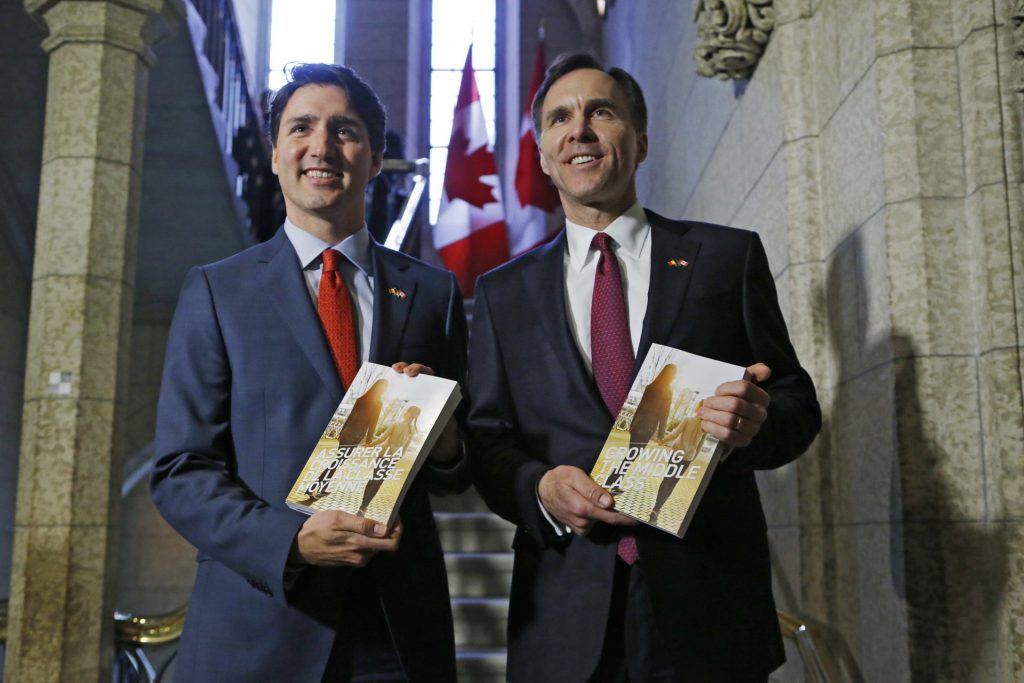
The authorization to spend money comes in the form of appropriation or “supply” bills, which are passed several times a year by the Parliament, usually with very little fanfare. The detailed spending plans are released in the main estimates and then followed by the supplementary estimates—typically two to three per year—and then revised and republished after the fact in the Public Accounts.
So Carney’s government doesn’t need the budget. It does need to table and pass the main estimates and one or more accompanying supply bills before the House rises for the summer.
Which brings us to Carney’s tax cut, which is what he hoped would lead the news on May 14. This was a key part of his election platform: a lowering of the tax rate on the lowest income bracket from 15 per cent to 14 per cent. The Parliamentary Budget Officer estimated that this will cost the government a total of $28.3-billion in foregone revenue over the next five years.
To implement the tax cut, the government will have to pass a ways and means motion, and a bill, through Parliament.
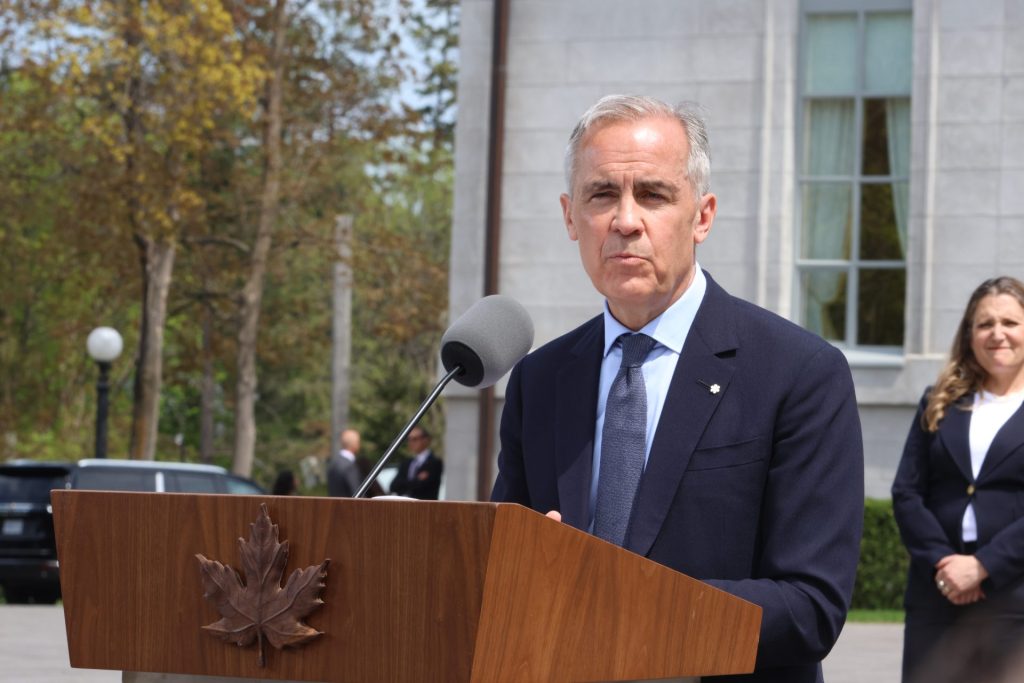
Doing so should be considerably easier than passing an entire budget. In theory, the Liberals will need to find just two MPs on the opposition benches who are willing to vote with them. In practice, that hasn’t always been enough—the Conservative opposition has mastered the art of delaying the progress of government bills through the House, even when the government has enough votes in hand. The Tories would no doubt find many things to object to in a full Carney budget. But a tax cut? And not just any tax cut—a cut that is simply a watered-down version of the tax cut the Conservatives proposed in their own platform? That would be a rhetorical challenge for even the most gifted Tory front-benchers.
As with most things involving the House of Commons, time is at the heart of the matter. Carney has very little of it. His team of staff, and the federal bureaucracy, have probably not had enough time to produce a proper budget since the election. They certainly haven’t had enough time to also draw up legislation to implement that budget, and Carney’s team of House officers would probably struggle to pass that legislation before the summer break even if they had—a necessity if that’s how Carney wanted to implement his tax cut ASAP.
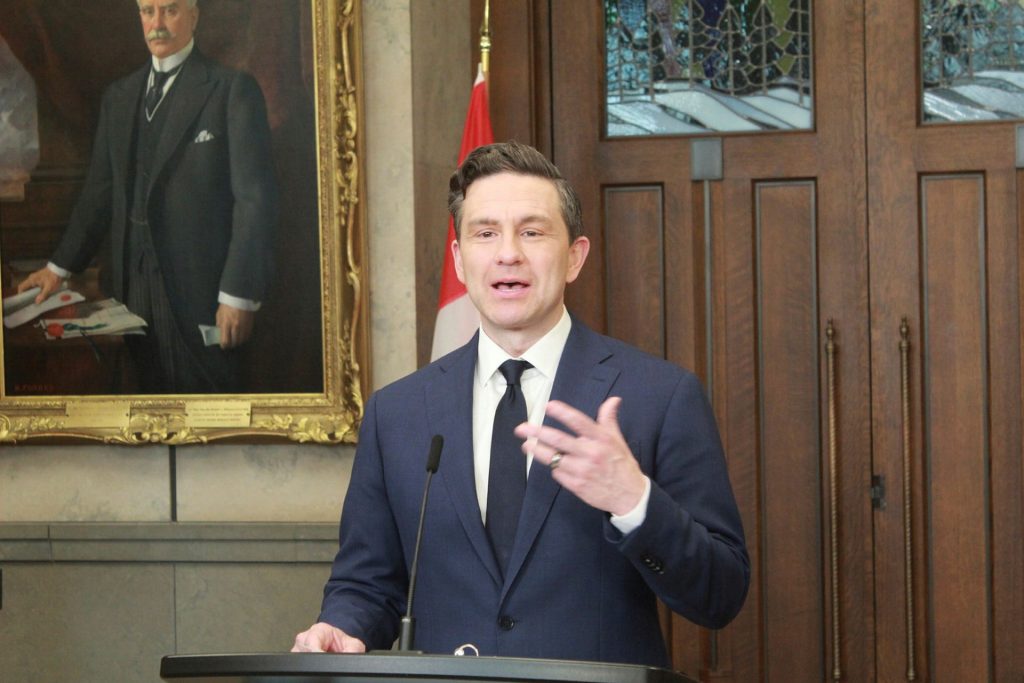
The House is scheduled to sit for 20 days before rising for the summer. On day one, MPs will have to elect a new Speaker. The throne speech is scheduled for day two—May 27—and the resulting debate will eat up a further six days after that. If Carney had presented a budget, it would be debated for another four sitting days. Add in opposition days, and the schedule starts to look difficult—probably impossible—if the goal was to pass an implementation bill through all stages.
Fair play then? Maybe not.
Conservative Leader Pierre Poilievre and NDP Interim Leader Don Davies (Vancouver Kingsway, B.C.) weren’t impressed by Champagne’s revelation. They both pointed out, each in their own way, that—absent other forthcoming legislation—the government would be left without the ability to roll out new programs to mitigate the effect of United States President Donald Trump’s trade war until Parliament returns in the fall.
Voters deserve fiscal update before summer break: former PBO Page
Former parliamentary budget officer Kevin Page has his own concerns about the move to skip the budget. He zeroed in on the economic and fiscal projections that are included towards the back of most budget documents.
“Parliament and Canadians should get an updated economic and fiscal outlook from the government before the summer break,” he wrote in a May 14 email.
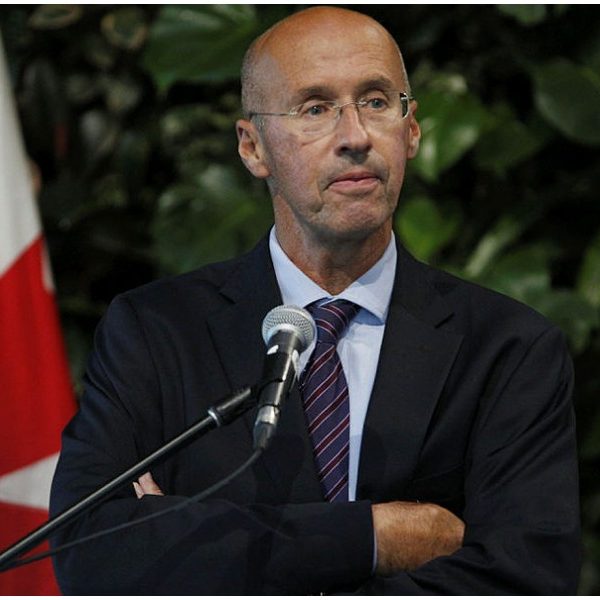
“Party platforms’ fiscal planning frameworks were based on pre-tariff economic outlooks. They are out of date. Parliament will be asked to approve spending authorities without a reasonable planning framework,” wrote Page, who is now president of the Institute of Fiscal Studies and Democracy.
“Economic uncertainty is high. Canadians should have the view of government on what they are facing.”
Page added that “given the short timelines until the summer,” it would be reasonable to wait until the fall to roll out the rest of the budget plan.
This piece first appeared in Politics This Morning, your go-to source for insider news, analysis, and updates on where all the key political players are that day. To get more insider coverage directly to your inbox from The Hill Times‘ editor Peter Mazereeuw and reporter Riddhi Kachhela in this subscriber-only daily newsletter, sign up here.
The Hill Times






 LICENSING
LICENSING PODCAST
PODCAST ALERTS
ALERTS